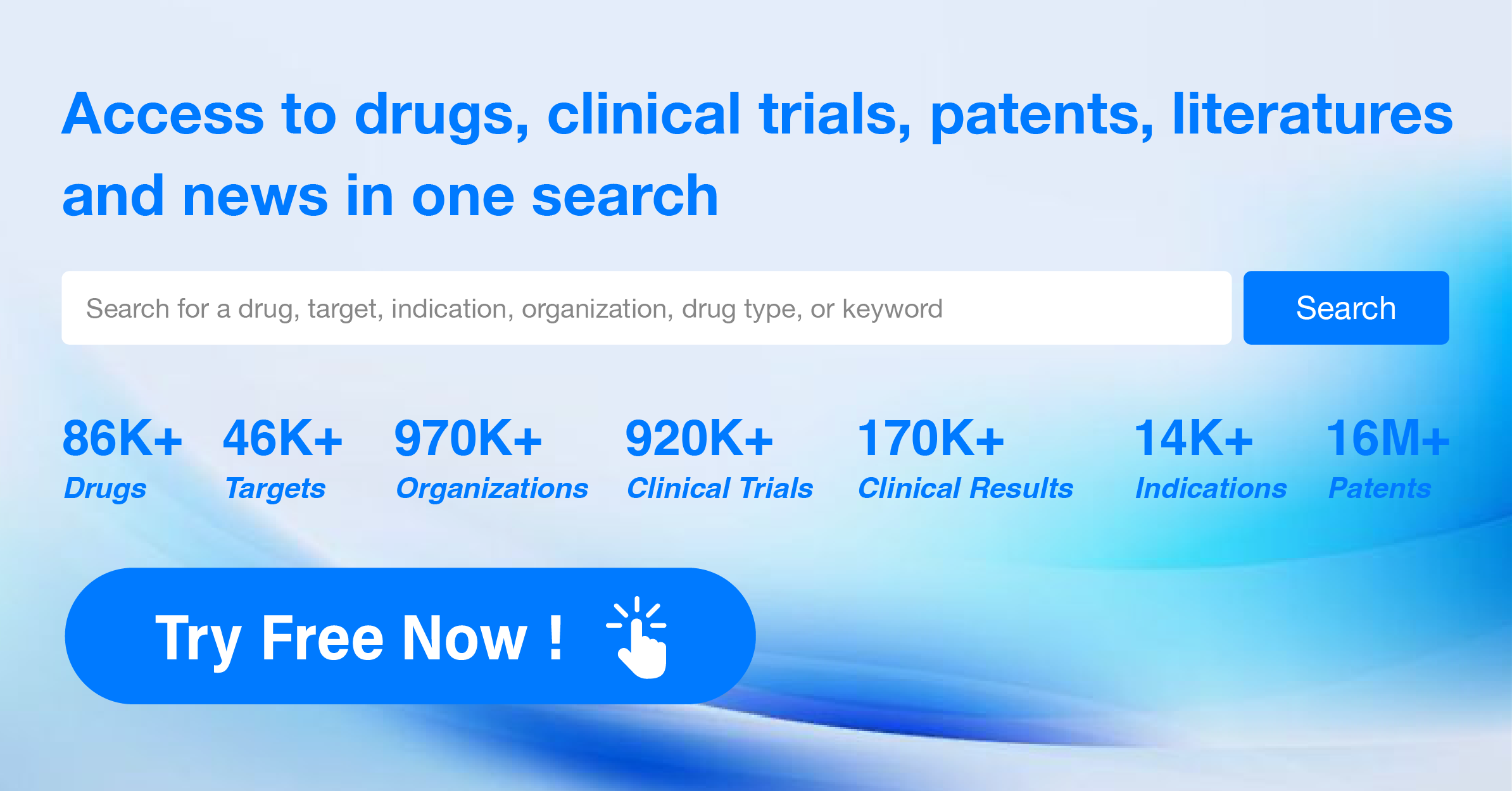Recce Pharma Expands Phase I/II Trial for RECCE® 327 Diabetic Foot Infection Treatment
The Independent Safety Committee has given a unanimous green light to the Phase I/II clinical trial, deeming it safe, well-tolerated, and suitable for expanded access. The study has successfully met its primary goals by treating bacterial infections in diabetic foot ulcer patients, showcasing the drug's efficacy. RECCE® 327, when administered daily or every other day for two weeks, has proven to be both safe and well-tolerated. The company plans to initiate more clinical sites in Australia and launch further trials globally, focusing on diabetic foot infections.
Recce Pharmaceuticals Ltd, a firm pioneering a new class of synthetic anti-infectives to combat antibiotic-resistant bacteria and emerging viruses, has announced the expansion of its current Phase I/II trial. The interim data analysis indicates that the trial has achieved its primary endpoints, prompting the decision to broaden the scope of the study.
The trial's aim is to assess the potential of RECCE® 327 as a topical anti-infective for a wide range of pathogens. The Independent Safety Committee at Liverpool Hospital NSW has reviewed the clinical data and confirmed the drug's safety and efficacy in treating diabetic foot ulcer infections through daily or alternate-day applications.
The decision has been made to expand the patient criteria and stages of diabetic foot ulcer infection to allow more patients to benefit from the clinical trial. In the upcoming months, additional study sites both domestically and internationally will be activated to include a more diverse patient population.
Diabetic foot ulcers are a significant health concern, affecting 19–34% of the estimated 537 million people with diabetes worldwide. Approximately 20% of those who develop these ulcers may undergo lower-extremity amputation.
Professor Hugh Dickson, the Principal Investigator of the trial and Director of Ambulatory Care at Liverpool Hospital, has expressed optimism regarding the rapid response of his patients' infections to the topical application of RECCE® 327. He highlighted the importance of a non-invasive treatment method that could potentially improve patient outcomes and reduce the need for limb amputations.
James Graham, CEO of Recce Pharmaceuticals, expressed satisfaction with the independent committee's decision and anticipation for the drug's potential as a treatment option for diabetic foot infections, aiming to improve patients' quality of life and reduce the risk of amputation.
Recce Pharmaceuticals Ltd is developing a new class of synthetic anti-infectives, including RECCE® 327, which is being developed for both intravenous and topical treatments of serious bacterial infections. The company's anti-infective pipeline addresses the challenge of hypercellular mutation in bacteria and viruses, a hurdle for current antibiotics. RECCE® 327 has received Qualified Infectious Disease Product designation from the FDA and is recognized on The Pew Charitable Trusts Global New Antibiotics in Development Pipeline as a unique synthetic polymer and sepsis drug candidate. The drug is not yet approved for human use and requires further clinical testing. Recce owns its automated manufacturing facilities, which support ongoing clinical trials, and the company is focused on addressing unmet medical needs through its innovative technologies.
How to obtain the latest research advancements in the field of biopharmaceuticals?
In the Synapse database, you can keep abreast of the latest research and development advances in drugs, targets, indications, organizations, etc., anywhere and anytime, on a daily or weekly basis. Click on the image below to embark on a brand new journey of drug discovery!




